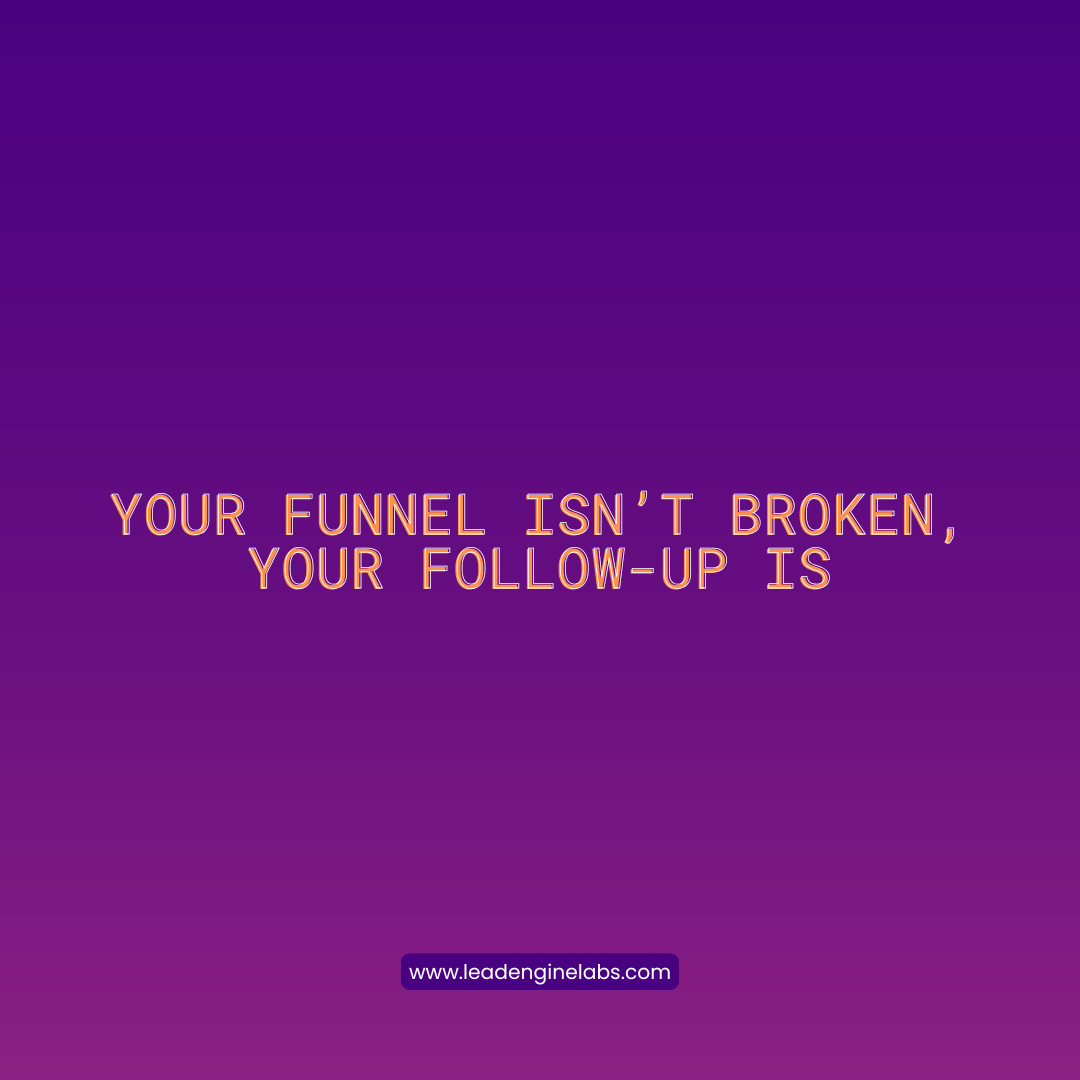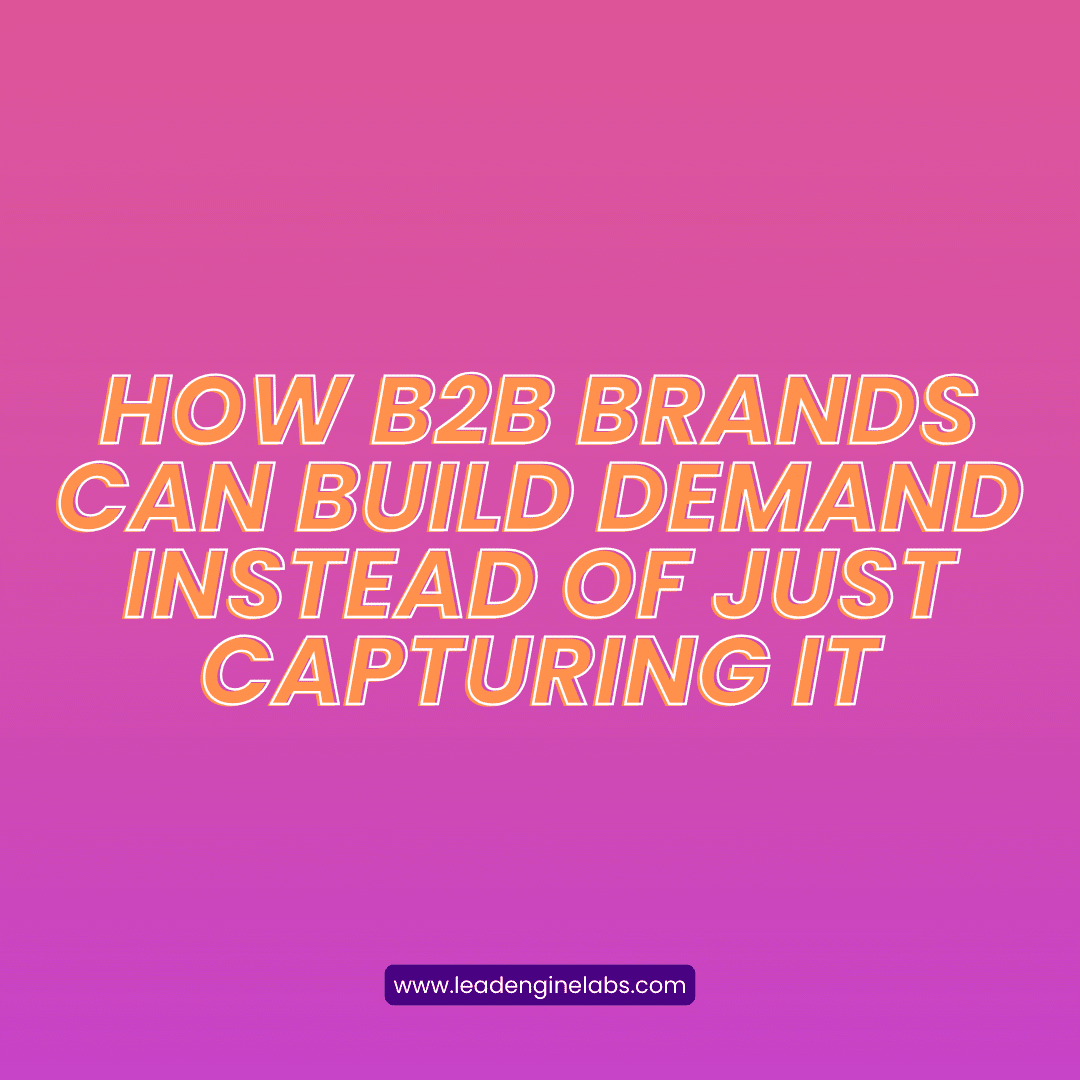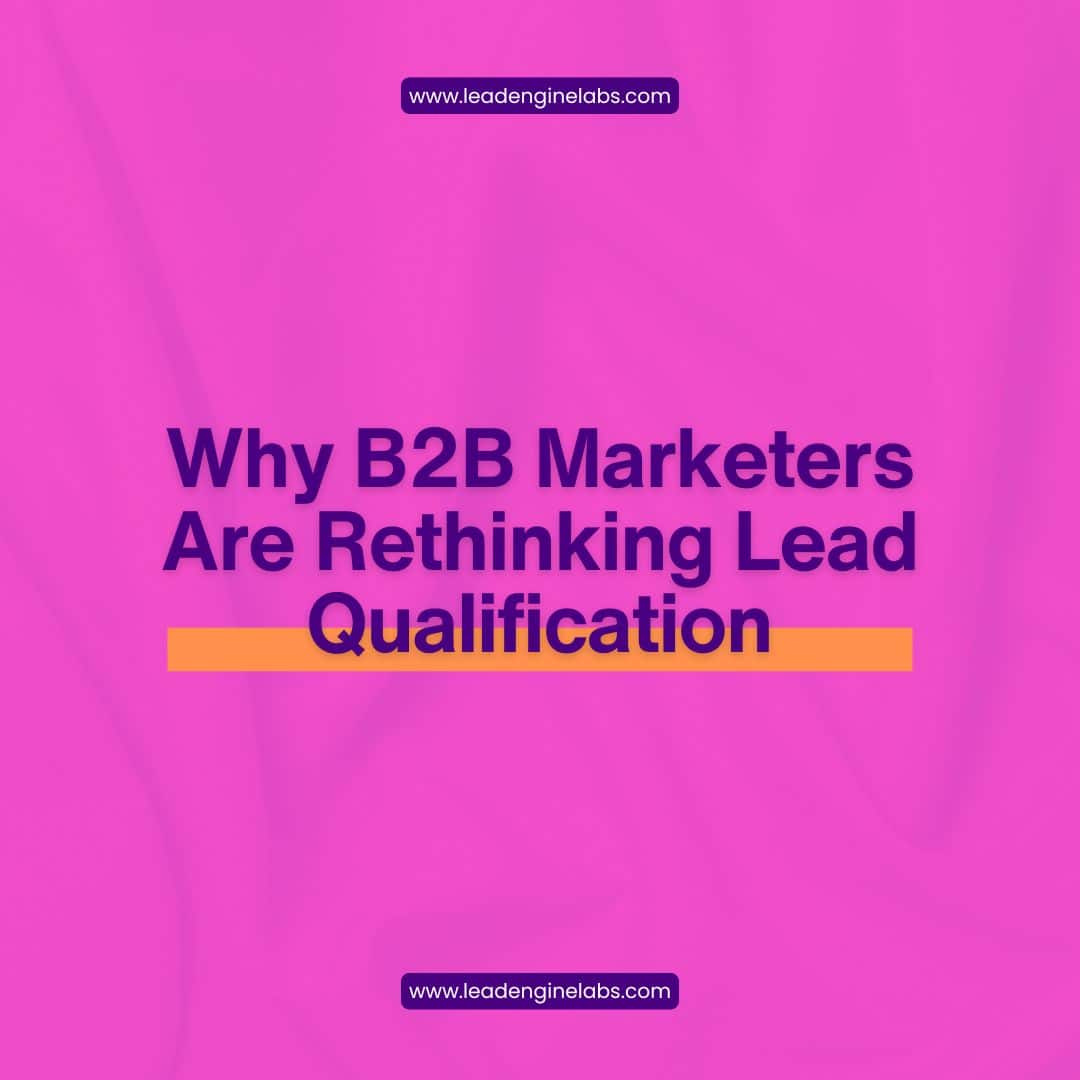In today’s hyper-competitive marketplace, businesses are constantly seeking innovative ways to gain an edge in lead generation and sales. Basic strategies no longer suffice. Advanced B2B lead generation requires a nuanced understanding of technology, buyer behavior, and market trends. Here, we’ll dive deep into strategies that go beyond the basics, providing actionable insights to transform your approach.
The Role of AI in Sales Automation
Artificial intelligence (AI) is revolutionizing sales and marketing processes, offering tools to improve efficiency and effectiveness. In B2B sales, AI enables predictive analytics, personalizes customer outreach, and streamlines workflows.
Predictive Analytics for Smarter Decisions
Predictive analytics uses AI to forecast potential outcomes based on historical data. For example, AI algorithms can analyze lead engagement patterns to predict which prospects are most likely to convert. Businesses that implement these tools can allocate resources more effectively and focus their efforts on high-value leads.
Personalization at Scale
One of the most powerful uses of AI is hyper-personalization. AI-driven tools can tailor content, emails, and offers based on the specific preferences and behaviors of individual leads. For instance, by analyzing website visits and download history, AI can suggest content or solutions that resonate most with the prospect, increasing conversion rates.
Workflow Optimization
From automated email follow-ups to CRM integrations, AI streamlines repetitive tasks, freeing up your sales team to focus on relationship building and strategic planning. Tools like chatbots, for example, can handle initial queries, while the sales team steps in for more complex conversations.
Pro Tip: To maximize AI’s potential, integrate it into your existing systems and ensure team members receive adequate training.
Advanced Lead Nurturing Techniques
Lead nurturing has evolved far beyond drip email campaigns. Today’s buyers expect relevant, timely, and engaging interactions at every stage of their journey.
Multi-Channel Engagement
Gone are the days when email alone could drive results. Modern lead nurturing demands an integrated approach. Use a mix of email, social media, SMS, and even personalized direct mail to stay top-of-mind. Ensure your messaging is consistent across platforms to create a seamless experience for the prospect.
Behavior-Based Trigger Campaigns
With the right tools, you can automate campaigns triggered by specific lead actions. For example, if a lead downloads a case study, the system can automatically send a follow-up email with related resources. Such tailored touchpoints significantly improve engagement.
Educational Content Strategies
Position yourself as a trusted advisor by providing content that educates your audience. Webinars, how-to guides, and whitepapers not only nurture leads but also build your authority in the industry. Pair this strategy with targeted follow-ups to guide leads down the funnel.
Building a Robust Content Authority System
In the B2B space, trust and authority are critical. A well-structured content authority system not only enhances your credibility but also draws high-quality leads to your business.
Pillar Content and Topic Clusters
The foundation of a content authority system is pillar content—comprehensive pieces that address broad topics relevant to your industry. Surround these with cluster content (blogs, videos, infographics) that dive deeper into subtopics. This structure not only organizes your content effectively but also improves SEO.
Data-Driven Insights
Leverage data to create compelling content. For example, if your analytics reveal that “AI in B2B Sales” is a popular topic, produce a series of posts exploring its various aspects. Incorporate real-world statistics and case studies to add depth and authenticity.
Consistent Publishing Schedule
Consistency is key to establishing authority. Develop an editorial calendar and stick to it. Regularly updating your blog with fresh, insightful content signals to both your audience and search engines that you’re a reliable source of information.
Integrating Social Media Management in B2B Strategies
Social media is no longer just a platform for brand awareness—it’s a powerful tool for lead generation and nurturing.
Leveraging LinkedIn for Thought Leadership
LinkedIn remains a cornerstone for B2B marketing. Share insightful articles, engage in relevant industry discussions, and showcase your expertise through thought leadership posts. Consider using LinkedIn Ads to target decision-makers with tailored offers.
Video Content for Engagement
Video continues to dominate as a preferred content format. Use platforms like LinkedIn and YouTube to share explainer videos, product demonstrations, or customer success stories. Live videos, such as Q&A sessions, can also help humanize your brand and build trust.
Social Listening
Social listening tools allow you to monitor conversations about your brand or industry. This insight helps you identify trends, understand customer pain points, and join discussions in a meaningful way.
Conclusion – Strategies for advanced b2b lead generation
The landscape of B2B lead generation is constantly evolving, and businesses must stay ahead by adopting advanced strategies. From leveraging AI in sales automation to building content authority systems, the opportunities are vast for those willing to innovate.Implementing these techniques not only positions your business as an industry leader but also ensures a steady pipeline of high-quality leads. If you’re ready to take your lead generation efforts to the next level, contact Lead Engine Labs today—your partner in growth and success.





